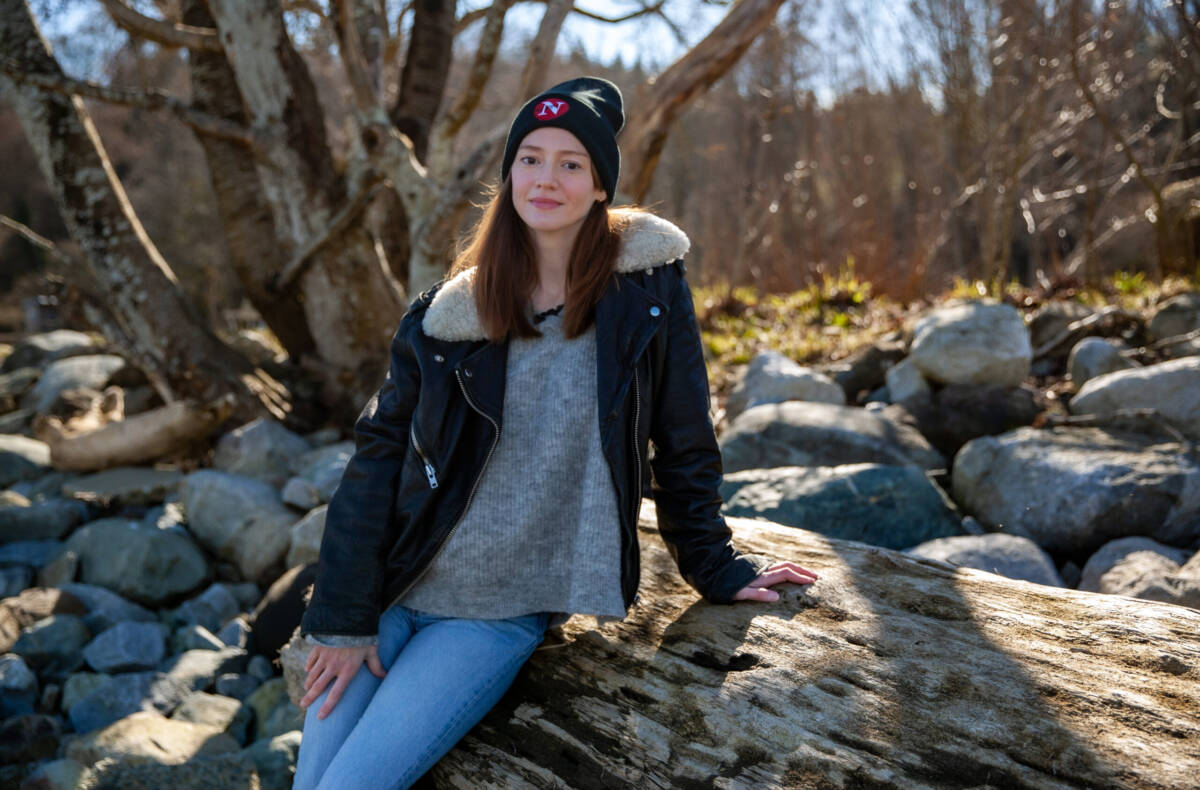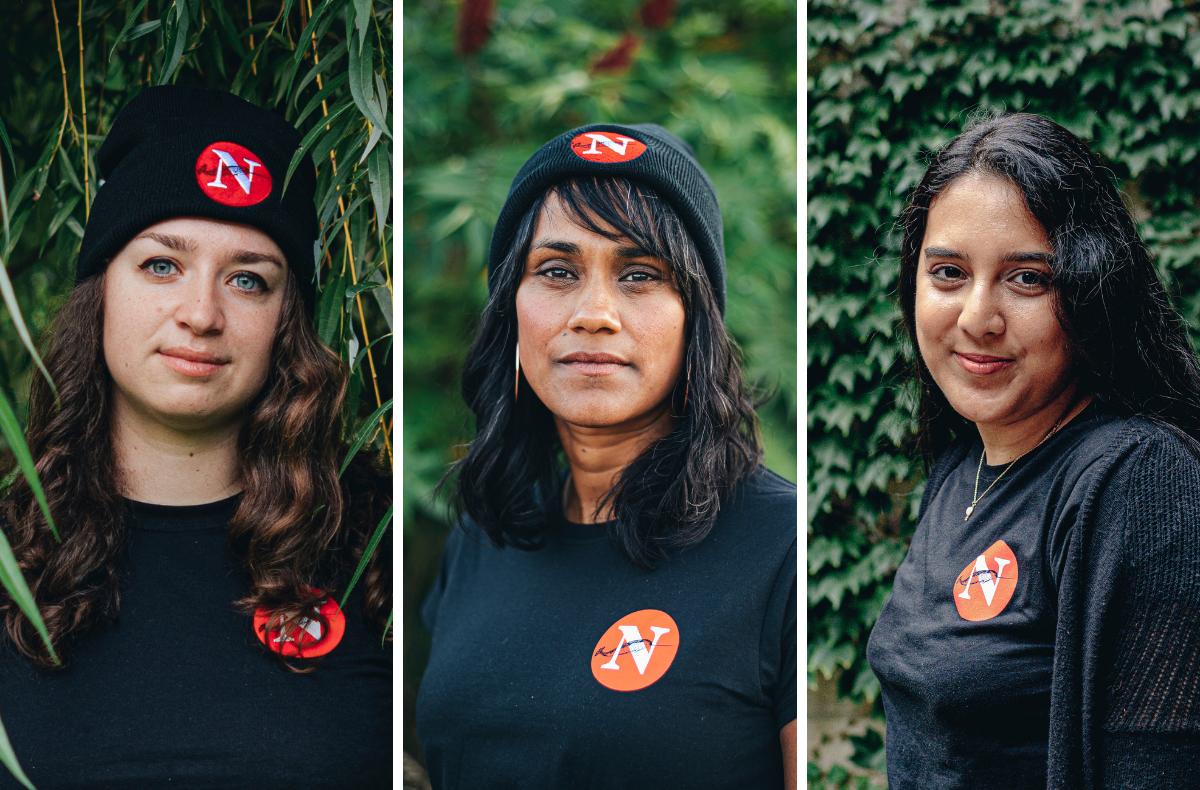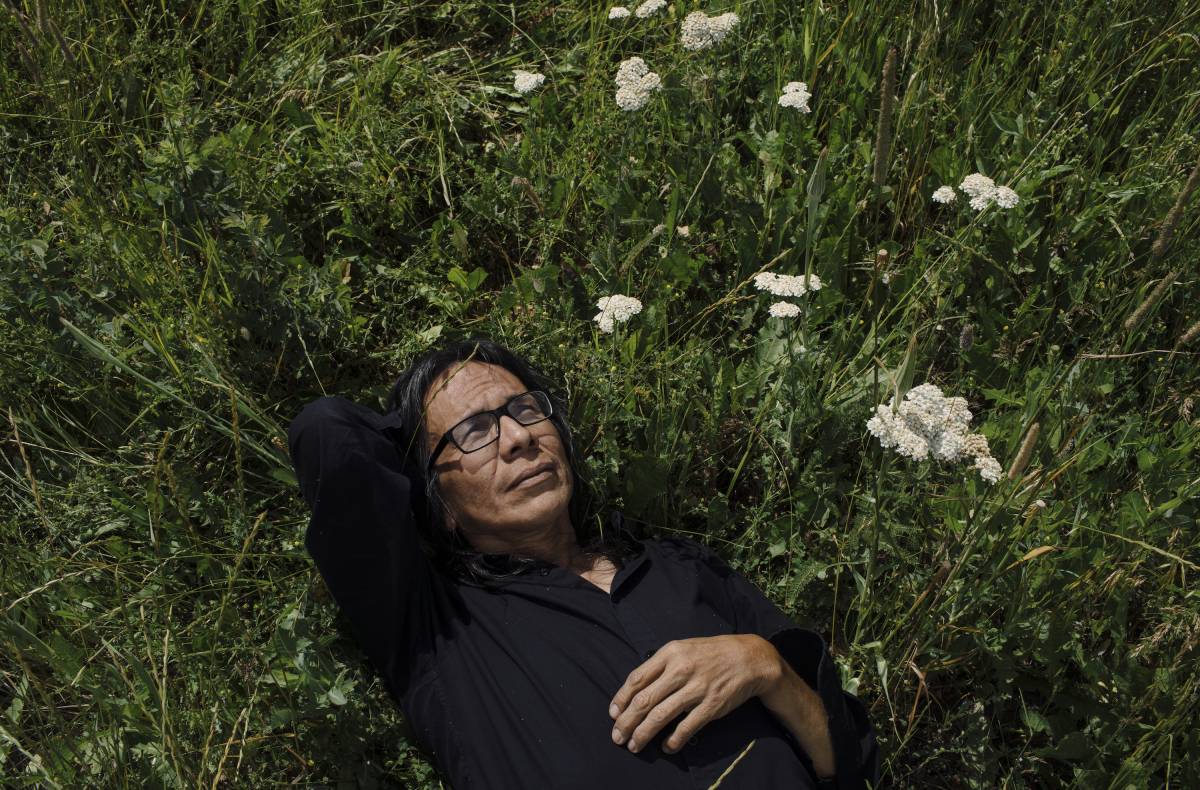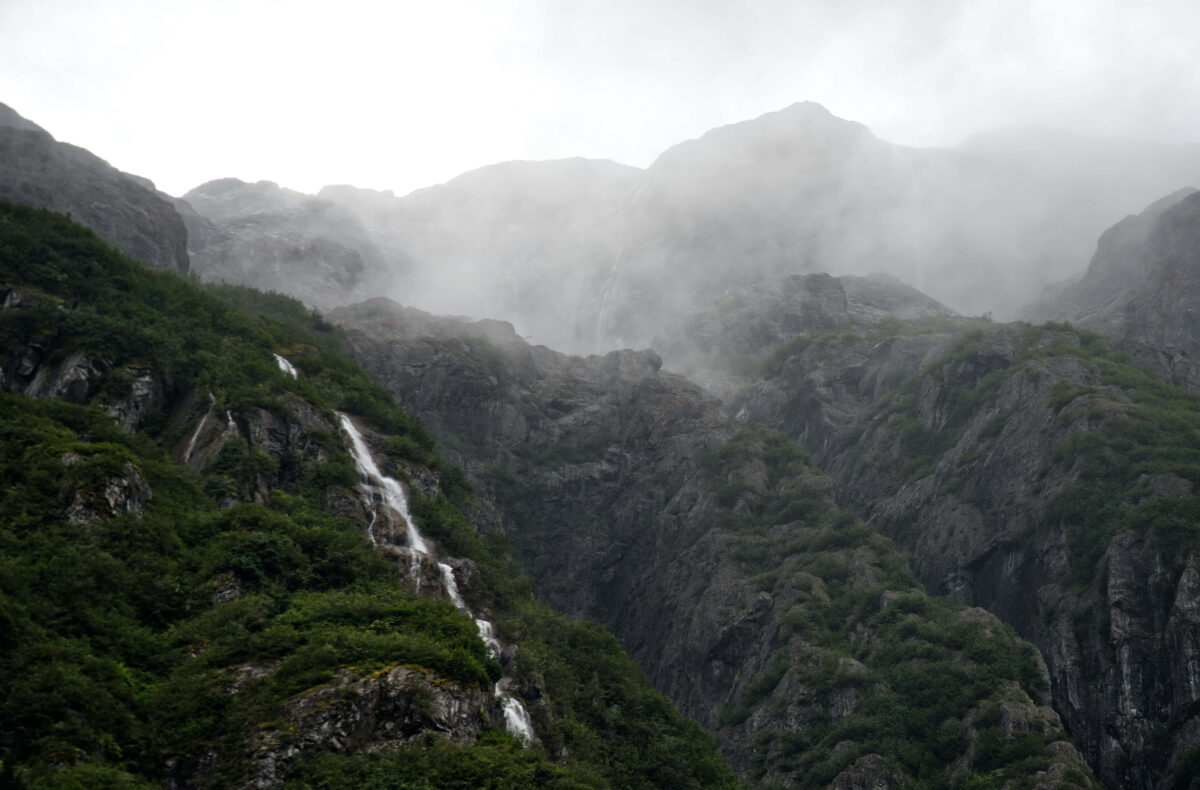Having just celebrated its fifth birthday, The Narwhal’s continued growth and success demonstrates the demand for high-quality, in-depth, investigative journalism in Canada. Founded by Emma Gilchrist and Carol Linnitt in 2018, The Narwhal is now home to 22 staff located across the country and over 5,000 members who provide ongoing support for its work.
A leader in nonprofit public interest journalism — and Canada’s first English-language registered journalism organization — The Narwhal is an award-winning and trusted outlet known for its uncompromising coverage of the key environmental issues of our day. Last year alone, it partnered on stories with the Toronto Star, CTV, and the Winnipeg Free Press.
The Metcalf Foundation has a great history with The Narwhal, initially funding its award-winning Carbon Cache series in 2020 — which examined the role of Canada’s natural landscapes in the fight against climate change — followed by funding to support The Narwhal’s expansion into Ontario in 2021, where it continued to win awards for its work.
We’ve long been impressed by The Narwhal’s commitment to publishing compelling, context-rich, and culturally sensitive reporting on Indigenous-led conservation — reporting grounded in respect for Indigenous knowledge and rights, and centring Indigenous voices. While its journalism on this topic had won multiple awards — most recently the Canadian Journalism Foundation’s 2023 Climate Solutions Reporting Award — The Narwhal felt there was still opportunity for additional coverage to help readers understand the full scale of Indigenous-led conservation efforts in Canada.
When The Narwhal approached us to help expand its coverage — including plans to prioritize Indigenous leadership and contributors — it was a natural fit. For the last five years, Metcalf’s Environment program has been prioritizing funding for Indigenous-led conservation and it’s been incredibly heartening to see the awareness and support grow for such efforts.
In March, The Narwhal announced that Michelle Cyca would be joining the team as its newest editor to lead their expanded coverage of Indigenous-led conservation in a new series called Spirits of Place.
Michelle is a seasoned journalist and editor from Vancouver, and a member of the Muskeg Lake Cree Nation in Treaty 6. In addition to her work with The Narwhal, her reporting, essays, and literary criticism can be found in The Globe and Mail, Chatelaine, IndigiNews, Quill & Quire, and The Tyee, among other publications. She is also a contributing editor to Maclean’s and a contributing writer to The Walrus.
In an interview with The Narwhal, Michelle shared what draws her to Indigenous-led conservation:
I think that Indigenous-led conservation opens up discussions and facilitates learning about the broader context of Indigenous Rights and sovereignty. More people than ever are concerned about the environment and the climate crisis. They realize that defending the natural world is critical to our survival, and part of that work is recognizing and affirming the stewardship of Indigenous people over their lands and waters. For Indigenous people, rights and land and identity are all bound up together — you can’t protect the environment separate from the people who live on it. So I hope that people who are drawn to these fights out of concern for the planet will also recognize that they need to be allies in a larger struggle for Indigenous self-determination and survival.
The Narwhal has published the first story in the Spirits of Place series focused on an Indigenous Protected and Conserved Area (IPCA) in Saskatchewan severely impacted by the recent wildfires.
Subscribe to The Narwhal newsletter to get these stories and more of their great coverage directly in your inbox.





